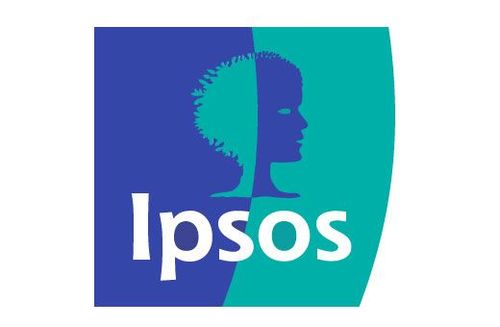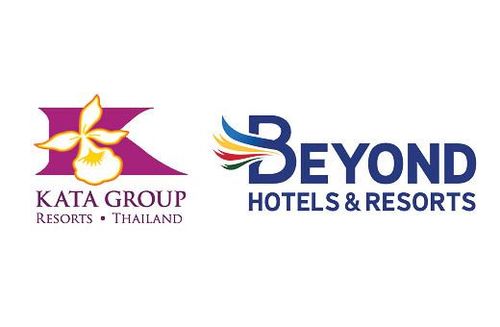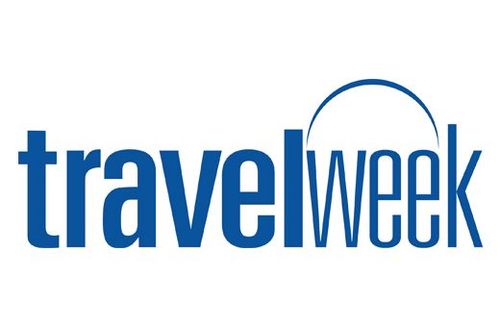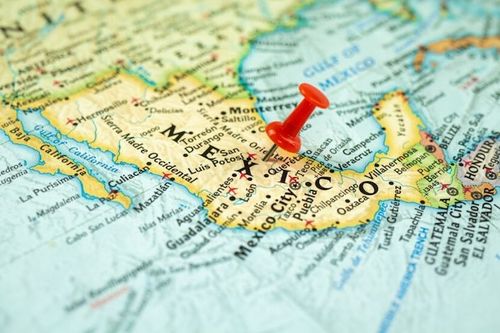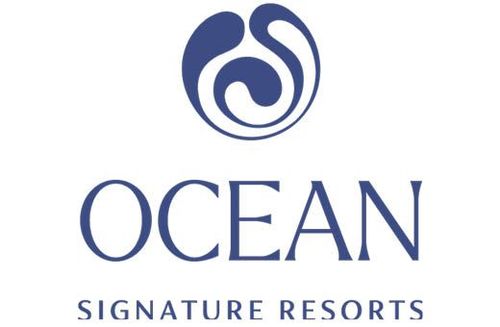Where travel agents earn, learn and save!
News / Majority support in Canada for Vaccine Passports for international travel, large events
Canadians more divided on need for vaccine passports in everyday settings
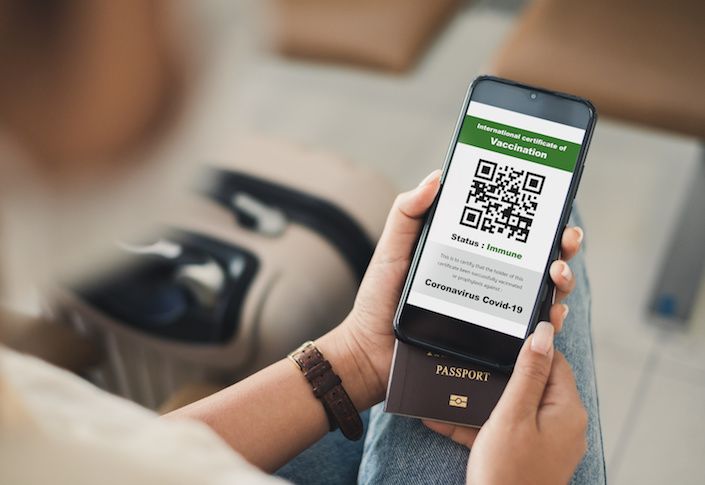
May 11 - As COVID-19 vaccination programs continue to ramp up across Canada, many are wondering if and how people’s vaccination status should be communicated in public settings, from work to travel to entertainment. New Ipsos polling for the World Economic Forum reveals broad support across 28 countries for “vaccine passports” - record or health data certificate that would prove whether an individual has been vaccinated against COVID-19 or has recently tested negative for COVID-19. These “passports” would be accessible electronically (e.g., on mobile phone apps) or printed documents or cards.
In Canada, the picture is nuanced: there is strong support for using vaccine passports for travelers and large events, but more skepticism about their role in day-to-day life. Six in ten Canadians (61%) – compared to a global average of 54% - say that only people who have been vaccinated should be allowed to do things that involve larger groups of people, such public transit, flying, or attending cultural and sports events. By contrast, 39% of Canadians feel that limiting activities only to those who have been vaccinated is unfair to those who are ineligible, are waiting for a vaccine or choose not to be vaccinated.
A majority of Canadians expect vaccine passports to be widely used in Canada by the end of the year, with six in ten (61%) who agree (26% strongly/35% somewhat). Canada is slightly under the global average (66%) for agreement on near-term national use – India (81%) and Peru (81%) are most likely to think their countries will be using vaccine passports widely before the end of 2021, while residents of Russia (32%), Poland (45%), and 2021 Olympics host Japan (43%) are significantly less likely to agree. In the United States, a slim majority (56%) agree vaccination passports are likely to become the norm this year.
Strong Support for Vaccine Passports in Travel, Events
When it comes to how these vaccine passports should be used, Canadians are more likely to favour their use in some settings than others. There is strong support for showing passports in order to enter the country: nearly eight in ten (78%) agree (56% strongly/21% somewhat) that all travelers entering Canada should be required to have a vaccine passport, placing Canada squarely in line with the global average (78%).
Our neighbours to the south are slightly less likely to agree with the need for all travelers to show a vaccine passport before entering the United States (71%). Overall, Malaysia (92%) and Peru (90%) are most likely to agree with the need for international travelers to show proof of vaccination, while Hungary (52%), Poland (58%) and Russia (59%) are least likely to agree.
The strength of support is explained by the fact that a strong majority of Canadians think vaccine passports will boost public safety. Nearly three in four (72%) agree (35% strongly/37% somewhat) that the passports would be effective in making travel and large events safe – in line with the global average of 73%, and significantly more than in the United States, where 61% agree.
Canadians broadly agree that venues capable of hosting large crowds should make vaccine passports mandatory. Two in three (65%) agree (35% strongly/30% somewhat) that all large public venues such as concert halls and stadiums should require one, once again exceeding agreement in the United States (56%) and coming closer to the global average (67%). India, Chile, and Malaysia (82%) are most likely to support mandatory vaccine passports in large venues, while Russia (31%), Hungary (47%) and Poland (49%) are least likely to agree.
Split on Everyday Use
The path forward is less clear when it comes to the role of vaccine passports in more everyday aspects of people’s lives. Canadians are split down the middle on whether shops, restaurants, and offices should require a vaccine passport: just under half (47%) agree (22% strongly/25% somewhat), while nearly as many 45% disagree (18% strongly/27% somewhat), and 8% not sure.
Canada indexes below the global average (55% agreement) on this metric, but support for vaccine passports in these settings is still stronger than in the United States (37%). Globally, India (78%) and Chile (75%) are most likely to agree vaccine passports should be needed to access shops, restaurants and offices, while the US joins Russia (20%), Poland (36%), and Hungary (38%) among the least likely to agree.
Few Comfortable Sharing Vaccination Data
Though many Canadians are theoretically in favour of requiring some proof of COVID-19 vaccination to be shown in settings where people gather, fewer feel at ease in sharing details of their own vaccination status with anybody other than their doctor.
For instance, only half (54%) of employed Canadians feel comfortable (22% very/32% somewhat) allowing their employer to access their personal health data and vaccination record, while 41% are not comfortable with this (18% not at all/23% not very), and a further 5% aren’t sure. Globally, 56% of employed survey respondents say they would be comfortable in sharing this data with their employer, plummeting to just 27% of those in France.
Similarly, just 59% would be comfortable (23% very/36% somewhat) letting the Canadian government access this information, while 35% would not be comfortable (16% not at all/19% not very) and 5% aren’t sure. This places Canada above the global average of 50%, with comfort highest in mainland China (86%) and lowest in Russia (28%).
Even fewer Canadians (30%) would feel comfortable (10% very/20% somewhat) allowing private companies to access their health and vaccination data – including tech companies, airlines, or hotels. A significant majority – seven in ten (68%) – would feel uncomfortable doing this, suggesting challenges ahead for implementing checks on travellers. Globally, 40% say they would feel comfortable allowing private firms to access their vaccination data, but just 26% share this opinion in the United States.
The one person with whom nearly all Canadians (91%) feel comfortable (67% very/24% somewhat) sharing their vaccination data with is their doctor, exceeding the global average of 84% but in line with the United States (90%).
A Temporary Measure?
Vaccine passports are seen as a temporary measure, both in Canada and around the world. If a vaccine certificate or passport is introduced, nearly two in ten Canadians (17%) think it should be required indefinitely for activities and travel. Others think it should be a requirement for a fixed period of time, including more than half (57%) who say vaccine passports will only be needed in 2021:• Only for a few months until the numbers drop: 25%
• At least until the end of the year: 32%
• For the next several years: 26%
• Indefinitely: 17%
This makes Canada somewhat more pessimistic than the global average in terms of how long we will need to live with vaccine passports. Globally, nearly two in three (64%) think vaccine passports should be required only until the end of this year, while fewer think they will be needed for longer:
• Only for a few months until the numbers drop: 32%
• At least until the end of the year: 32%
• For the next several years: 23%
• Indefinitely: 13%
More Travel News:
Airline industry ripe for new low-cost carriers as travelers remain concerned about finances, says GlobalData
Cosmic Cocktails: Qantas launches 787 Supermoon Scenic flight
Marriott International reports first quarter 2021 results
Hyatt announces return of Hyatt Loves Local with more than 160 small business collaborations to help revitalize communities



